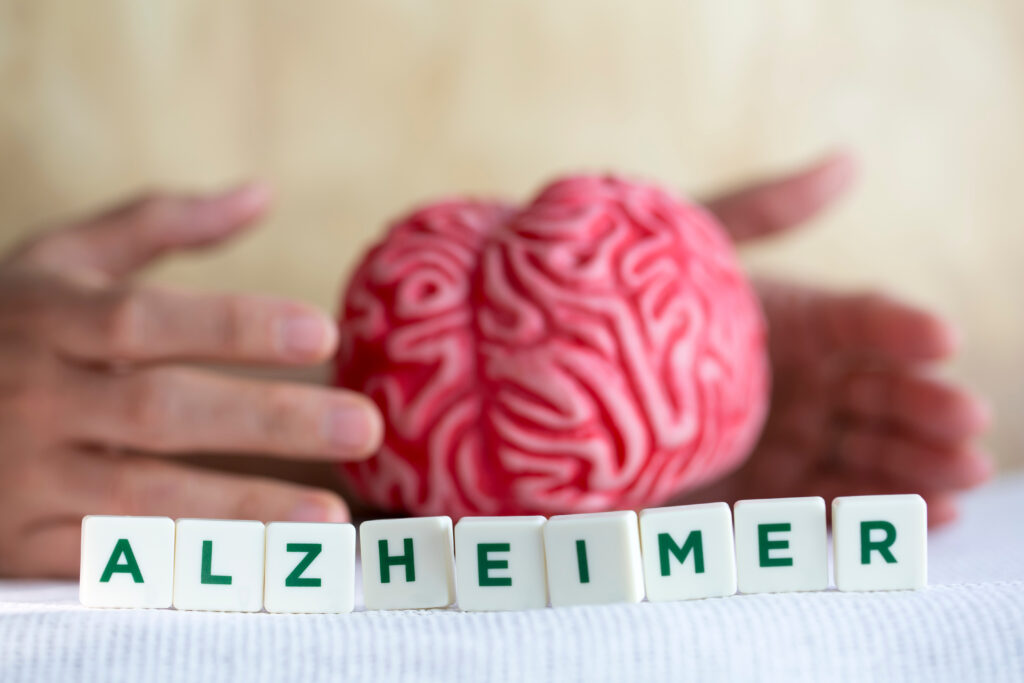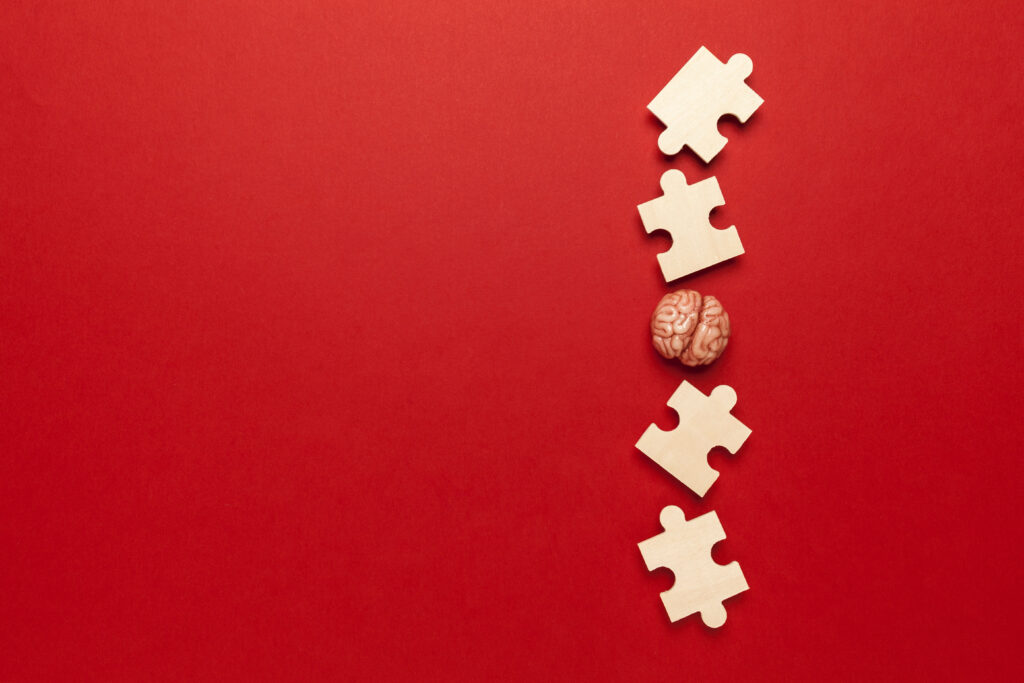Is it Wrong to Lie to Someone with Dementia?
This is a complex question and there are differing opinions on the matter. Some people believe that it is ethical to tell white lies to people with dementia if it helps to prevent them from becoming agitated or upset, or if it helps to maintain their sense of dignity and well-being. For example, if someone with dementia asks about a deceased loved one, it may be kinder to say that the loved one is doing well rather than to remind them that the loved one has passed away.
On the other hand, some people believe that it is never ethical to tell lies, even if they are well-intentioned. They argue that people with dementia have a right to know the truth and that lying to them can be disrespectful and condescending.
The decision to tell a white lie to someone with dementia is a personal one and should be made on a case-by-case basis. It is important to consider the individual’s values and preferences, as well as their current mental and emotional state, when deciding whether or not to tell a lie. In general, it is important to prioritize the person’s well-being and dignity, while also being respectful and truthful as much as possible.
Lying to someone with dementia can be a controversial issue and opinions on this matter can differ. Generally, most healthcare professionals and experts in dementia care would suggest that honesty is the best policy when communicating with people with dementia. This is because people with dementia have a right to know the truth and should be treated with respect and dignity.
However, there may be situations where telling the truth can be distressing or harmful to the person with dementia. For example, if the person with dementia repeatedly asks about a loved one who has passed away, it may be kinder and more compassionate to tell a white lie, such as saying the loved one is out of town or will visit later, instead of reminding them of the loss repeatedly. In some cases, a therapeutic fib can be used to distract the person or redirect their attention away from the topic.
If a caregiver or family member does choose to tell a white lie at their discretion, they should do so with compassion and sensitivity, always considering the person’s emotions and how the lie may impact them. It’s also important to remember that this should not become a regular practice, but rather a very last resort measure in certain situations. Sometimes our patience can just run thin and it feels like lying is the best course of action.

Kids vs. Adults with Dementia – Should We Lie to Children?
There are some similarities between people with advanced dementia and toddlers, particularly in terms of their ability to communicate and their dependence on others for basic needs. However, it is important to note that people with advanced dementia have a lifetime of experience and knowledge, and their condition does not make them less deserving of respect or less entitled to the truth.
While it is common for adults to tell white lies or withhold certain information from young children, it is important to consider the impact that this can have on their development and long-term well-being. Some experts argue that it is better to be honest with children, even if this means having difficult conversations and addressing tough topics.
Similarly, in dementia care, it is generally considered best practice to communicate truthfully and respectfully with people with advanced dementia, even if this means acknowledging difficult realities or facing uncomfortable conversations. This can help to maintain the person’s sense of dignity and autonomy, as well as their trust in their caregivers and loved ones.
That being said, there may be certain situations where a therapeutic fib or a white lie can be a compassionate approach, particularly if it helps to avoid distress or agitation. However, this should be used with caution and always in the best interest of the person with dementia.
Basically, we think that it’s extremely fundamentl to treat people with advanced dementia with the same level of respect and honesty as any other person, and to treat children (who will grow up to possibly take care of us when we are old and sick) the same, while also being sensitive to their unique needs and challenges, and remaining empathic and sympathic as human-to-human.






